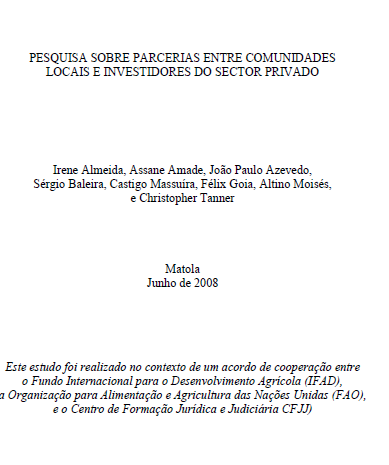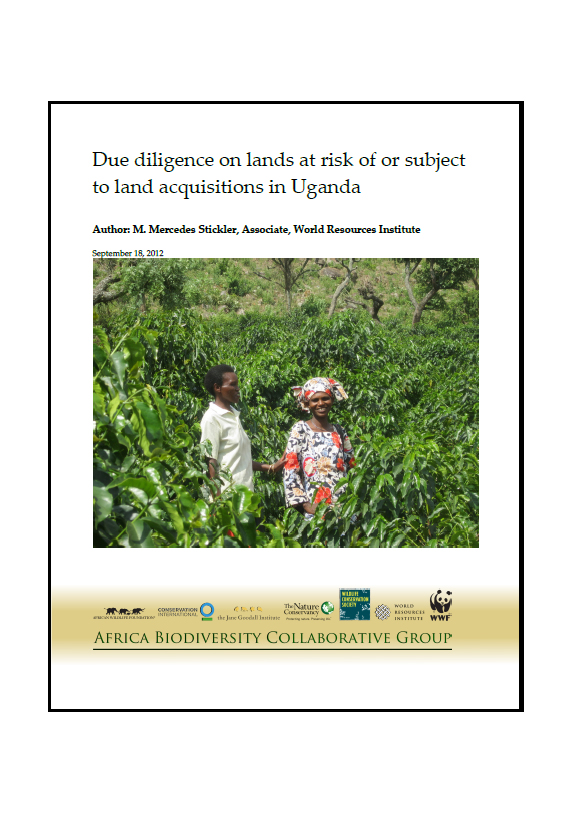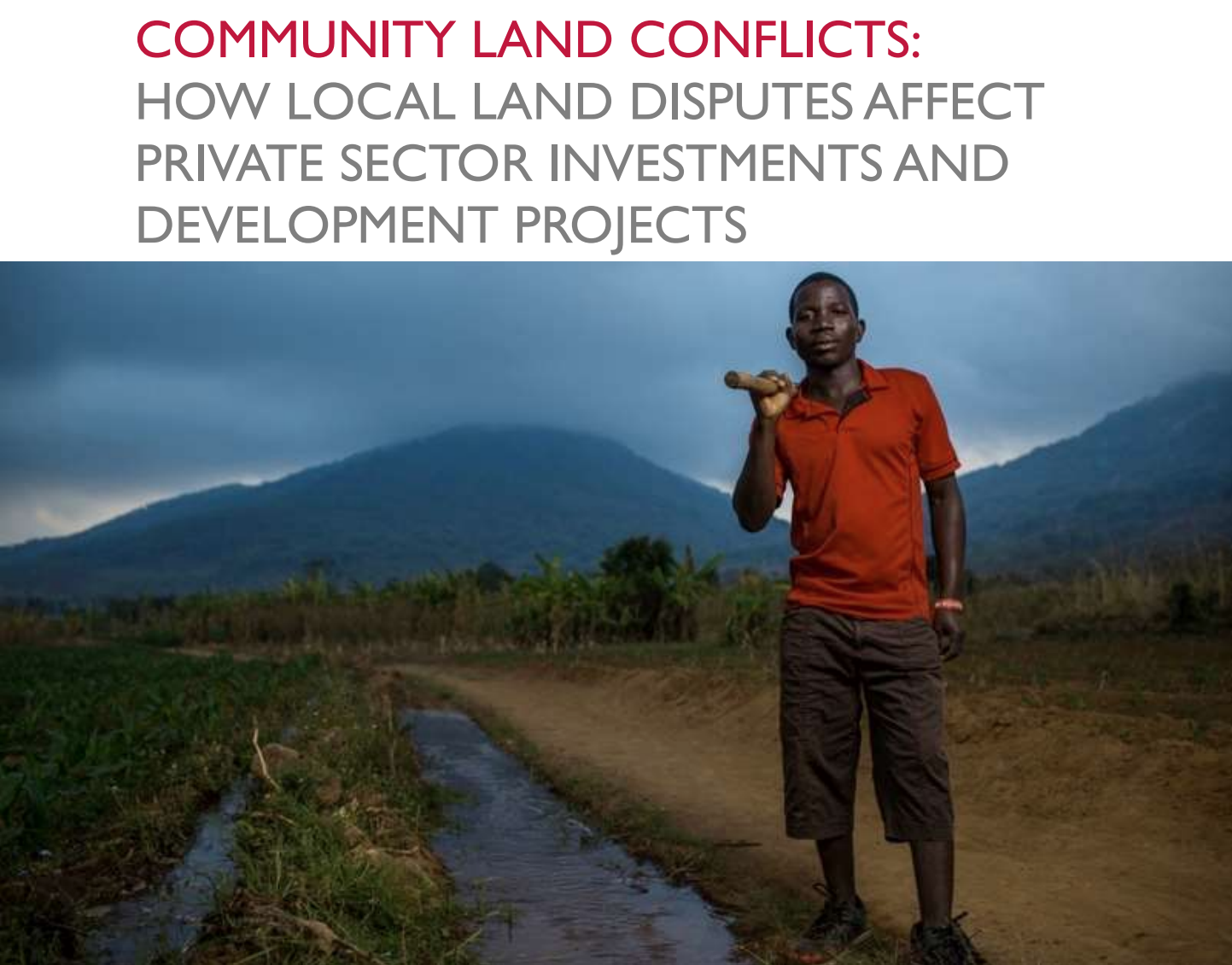Land conflicts and their impact on Refugee women’s livelihoods in southwestern Uganda
This paper presents the preliminary findings of a study on land conflicts between refugees and host communities in southwestern Uganda and their impact on refugee women’s livelihoods. Uganda has a long history of hosting refugees that dates back to the 1940s, when it hosted Polish refugees; Rwandese and Sudanese in the 1950s (Holborn 1975:1213-1225).











